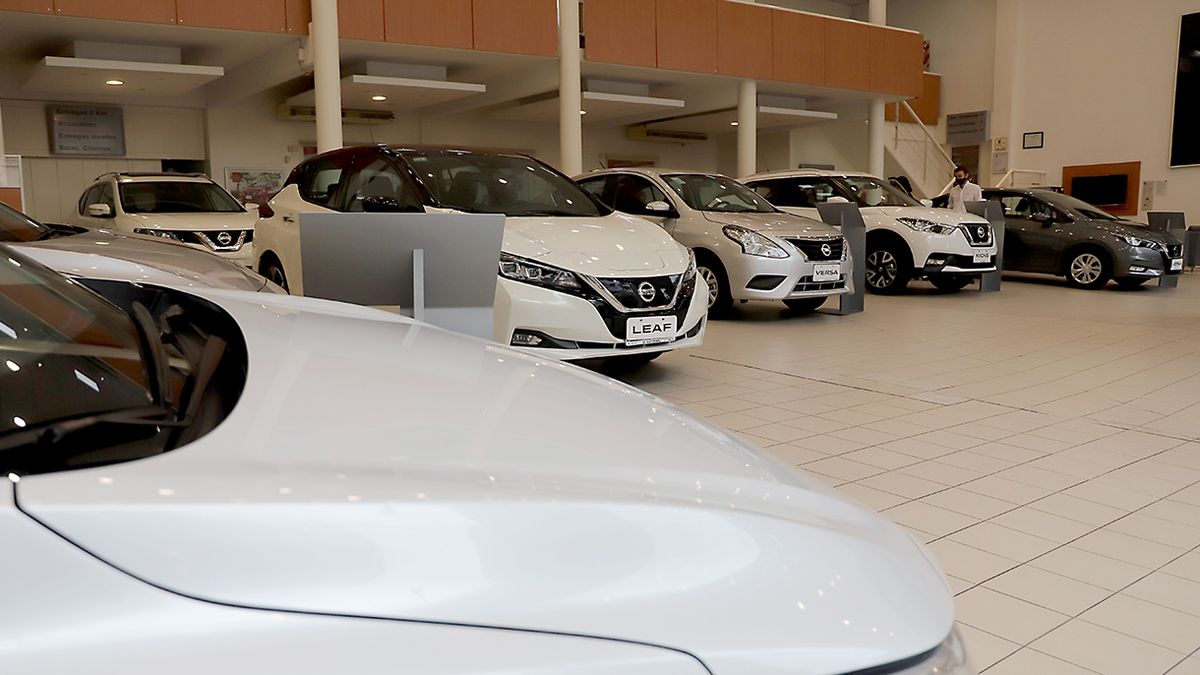“In principle, we plan to stop selling for at least noon or a day to see how the market reacts because It is most likely that people will come – not many – to want to close the price of a car and pay for it in a few days to speculate on the rise in the dollar”, explained the manager of an agency.
The concern of the networks is the replacement value they have of the 0km they sell, in a context in which there is a strong clamp on car imports and problems of supply of inputs for factories.
This policy may be adopted at other dealerships. “Some are going to sell, others are not. It will depend on the situation of each one,” a veteran operator in the sector told Ámbito.
One thing to keep in mind is that, with the end of the month last week, purchases for the month were already closed, so it will not alter the rules of the game. In the sector they explained that each company will make the strategy that best suits them.
“Since the concessionaires will have to pay in the second fortnight for what they bought last week, it will depend on the pesos they have available. If you don’t have cash you will have to sell to pay for the units. If he has a part of the money in the box, he will sell until it is complete” they explained in another agency.
The big question is what will happen to prices. “If they don’t devalue, we will continue to sell in pesos as we did until Friday. If they devalue it’s another movie”, said the owner of dealerships of various brands.
Two key factors
Two things must be taken into account. The factories are out of stock as all available cars were sold to the network last week. The obstacles to imports means that there is more demand than supply. The other fact is that the prices of the 0km have been increasing above the rise in the dollar. This means that they became more expensive in dollars and there is room to withstand a devaluation. The 0km are expensive in “blue” dollars and, added to the surcharges, the transaction value means that they are already quoted at the marginal exchange rate. Measured at the official exchange rate, they are at record levels, although they are not available at that price. So far this year, they have increased 40% on average in pesos and terminal profits have also recovered all this time.
It should also be considered that the brands that export the most, in the event of a devaluation, will be able to compensate with the higher income from selling abroad the loss of profitability of not transferring the devaluation directly.
About 70% of the cars produced in the country are exported, which shows that a jump in the exchange rate will not affect the accounts of the automakers because the 30% that goes to the domestic market will become more expensive.
Source: Ambito
David William is a talented author who has made a name for himself in the world of writing. He is a professional author who writes on a wide range of topics, from general interest to opinion news. David is currently working as a writer at 24 hours worlds where he brings his unique perspective and in-depth research to his articles, making them both informative and engaging.




